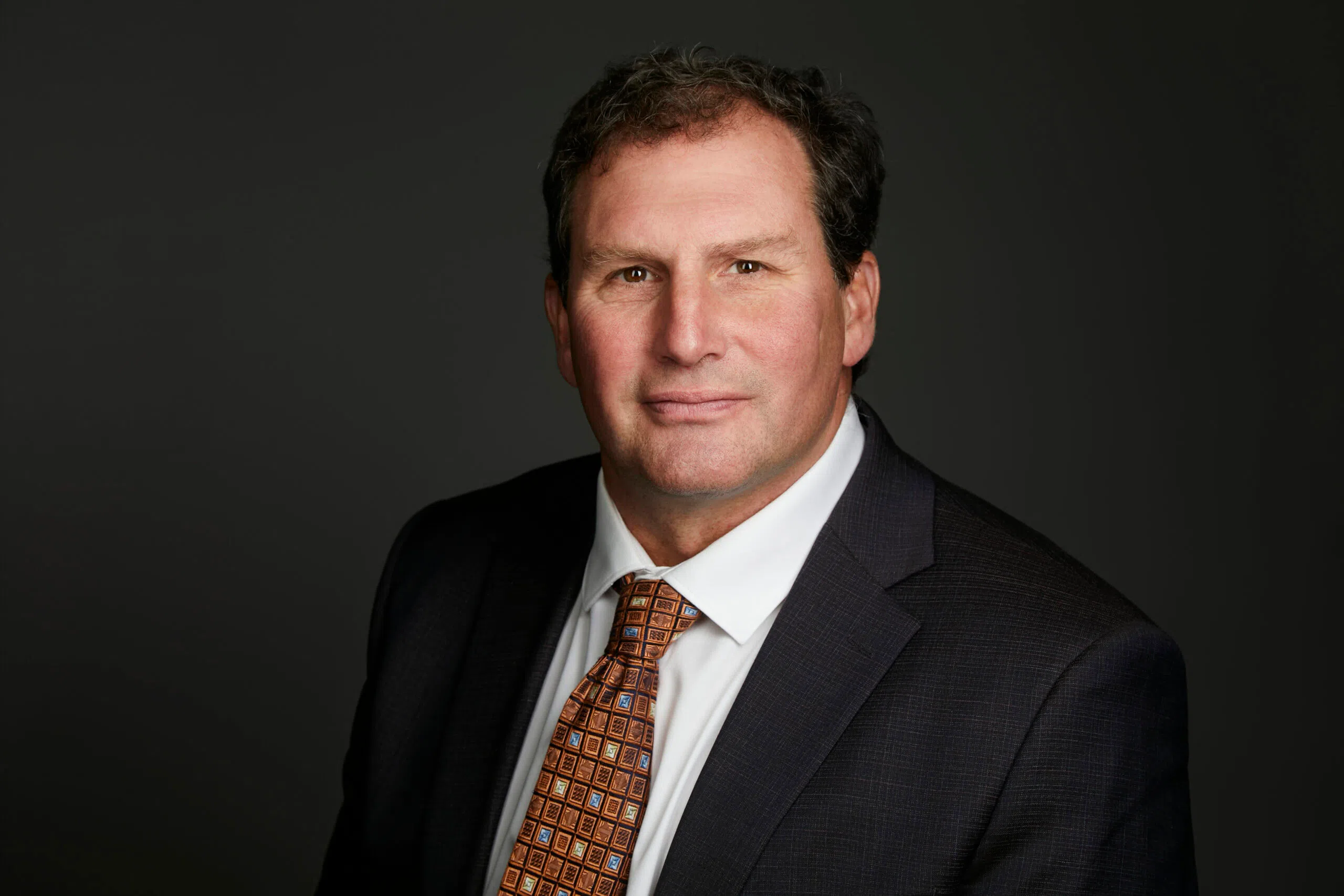The Progressive Conservative MPP for Bruce-Grey-Owen Sound is talking up his government’s budget.
Premier Doug Ford’s government introduced the 2025 Ontario budget earlier this month. The $232-billion spending plan includes a projected deficit of $14.6-billion in 2025-26, and continued deficit spending until 2027-28.
The province’s Financial Accountability Office put out its commentary on the budget yesterday, saying Ontario’s economic outlook has deteriorated “largely due to the impact of U.S. tariffs and elevated geopolitical uncertainty
Bruce-Grey-Owen Sound MPP Paul Vickers says while the province’s 2025 budget comes with a deficit, it’s necessary to invest in “people and infrastructure during a time where unemployment projections are increasing.”
“To ensure we can keep people working and keep Ontario moving forward. Our debt-to-GDP indicators suggest we can carry this debt, and it was this government who restored Ontario’s current credit rating of AA with a ‘stable’ long-term outlook,” Vickers says in an email statement. “Furthermore, this deficit only delays our path to balance by one single year. While some may worry about this deficit, and reasonably so, what would keep me up at night is the cost of not investing in our people and province.”
The 2025 Ontario budget includes committing $10 million annually over the next two years to provide grants to municipal and not-for-profit projects. It also features $33.3 billion in infrastructure spending this year to build more highways, hospitals, public transportation, and schools, as well as $11 billion in support for small Ontario businesses to combat the tariffs.
Vickers says the budget also commits to supporting the construction and renovation of 50 hospitals, and creating an additional 3,000 beds.
“This is good news for the local area. We have an aging population in Bruce-Grey-Owen Sound and we want to make sure that the healthcare system is there for them,” says Vickers.
He adds the budget also features an additional $261 million in the Learn and Stay Program over the next four years.
The program provides tuition grants to nurses and other health professionals in return for committing to work in an underserved rural community after they graduate.
“We are increasing additional primary care teams across the province. We are hoping that this is going to help connect 300,000 more people to primary care in this year alone. This is going to continue to roll out over the next few years. This should help everybody that doesn’t have a doctor to get a doctor,” says Vickers.
Opposition parties have been critical of some aspects of the province’s 2025 budget. Selwyn Hicks, who ran for the Ontario Liberal Party in the 2025 provincial election, says this budget shows the government has “disappointing and misguided priorities.”
Specifically, Hicks says it lacks commitments to direct investments in rural hospitals.
“This is a government that enjoys tremendous support in rural communities. And yet, it’s not at all responsive to the specific needs of rural communities,” Hicks says. “During the election I heard from people in Bruce-Grey-Owen Sound about their concerns about the cutting of hospital services, specifically those in Durham and Chesley.”
“There’s not one single thing that I see in this budget that makes a commitment to supporting rural hospitals,” Hicks continues. “Obviously, that’s not a priority for this government.”



